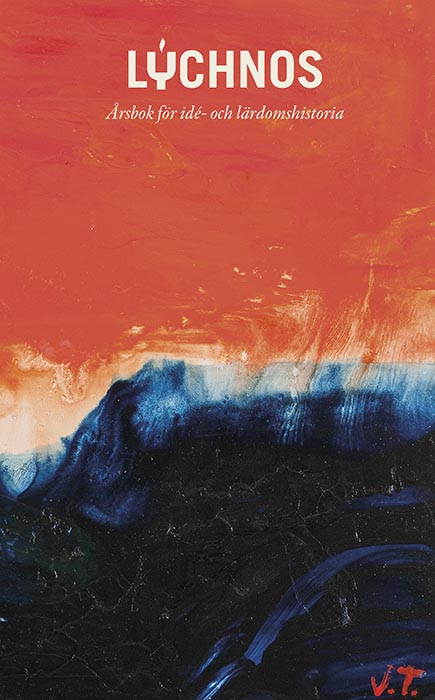Humanity in exile
Biblical stories of banishment and the anthropology of the Old Testament
Keywords:
exile, anthropology, the old testament, language, moralityAbstract
In this paper, I explore Old Testament stories of exile from an anthropological perspective. The aim is to investigate the notion of the human, and the human condition, as it appears in some of the oldest biblical texts. More specifically, I focus on three exile stories: “The Fall” (Genesis 3), “Cain and Abel” (Genesis 4), and “The Tower of Babel” (Genesis 11). I interpret these narratives as successive parts of the gradual emergence of humanity in biblical myth. First, when Adam and Eve tasted the “forbidden fruit,” they did not merely commit a crime; they also became autonomous in relation to the divine realm, which brought about the completion of humanity. Next, the story of Cain, and how he murdered his brother Abel, could arguably be interpreted as an etiological narrative about morality and the emergence of human civilization. The Babel story, finally, could be read as a dramatization of how language became a distinctively human trait, and how this facilitated new modes of literary expression and reflexive thought. Through my reading of these stories, I ultimately hope to show how they could be understood as constitutive parts of the anthropology of the Old Testament.
Downloads
Published
Issue
Section
License
This work is licensed under a Creative Commons Attribution 4.0 International License. The copyright for the work published in Lychnos remains with the authors.


